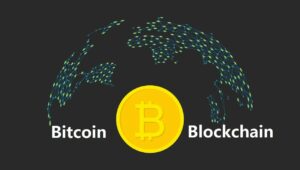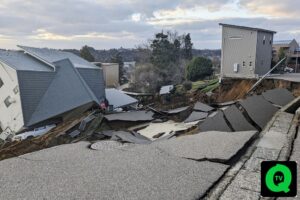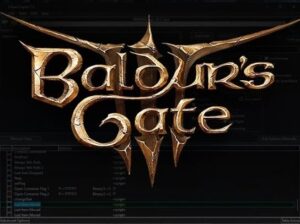
Google Workspace’s: Google adds a simple sharing option in Google Docs, Sheets, Slides, and Drawings

Prince of Persia: The Lost Crown – A Mesmerizing Fusion of Metroidvania and Soulslike, Packed with Unbridled Fun

When and Where Will Major Sports Events Occur in 2024?

UK Post Office Scandal Explained: The Truth Behind British Post Office Scandal

Pokemon Go Bewear’s Fast Attack Glitch Fixed: Niantic Apologies to Pokemon Go players

Nvidia RTX 4070 Super Series 4080 Graphics Cards – Upgrade Your Experience Now!

How to Watch Michigan vs. Washington CFP National Championship Final 2024 Without Cable?

Apple’s Vision Pro Launching Date! Pre-Order for a 4K VR/AR Revolution at $3,499!
Latest Articles & How-To Guides

Why You Should Be Careful About Suboxone Usage

Shaping Tomorrow’s Entertainment with Bitcoin and Blockchain Technology

7 Ways to Make $150 a Day Online For Beginners – No Investment

How to Make Money by Taking Surveys, and Playing Games?

Daily Life of a Top-Level Cricketer

Best Cheap Hotels in Makkah within 500 Meters from Haram

Crackstreams NHL, UFC, NBA, NFL, Football, Baseball Live Steaming

Fix Steam Error Code e20: Get Back to Gaming Smoothly on Windows PC
Science & Technology

Nvidia RTX 4070 Super Series 4080 Graphics Cards – Upgrade Your Experience Now!

Apple’s Vision Pro Launching Date! Pre-Order for a 4K VR/AR Revolution at $3,499!

Google Gemini DeepMind: Everything You Need to Know About the Revolutionary Generative AI Platform

BlackBerry-Style Keyboard Case for iPhone 14, 15 Designed for Creators

Verge TS Ultra Electric Motorcycle: 360-Degree Sensors Could Make the Wild TS Ultra Much Safer

How to Track Your Girlfriend’s Phone Location

Mortgage Calculator: Calculate Your Home Mortgage Now for Free

Do I need Lenovo System Interface Foundation?
Sports & Entertainments

OnionPlay 2024: Watch Action Movies and TV Shows for Free

Take Me Out to the Ball Game Lyrics: A Timeless Ode to Baseball’s Heartbeat

When and Where Will Major Sports Events Occur in 2024?

Powerful Earthquake Hits Japan, Thousands Seek Shelter as Death Toll Feared to Rise

Star Quarterback Jayden Daniels Elects to Skip ReliaQuest Bowl, Focusing on NFL Draft Prep

LSU Celebrates New Year with Key Recruiting Victory: Dominick McKinley Commits to Tigers

Ju’Juan Johnson Secures Louisiana Mr. Football Title, Breaking Records and Leaving a Legacy

9XMovies Website: Watch Movies Online for Free on 9XMovies.biz
Software & Apps

Cinema HD APK Download for Android
WeDroid Apk Download for Android
Null’s Brawl APK Download for Android – Old Version 54.243

Otimofilme App/Apk Download for Android & iOS

Gacha Life Old Version Apk Download

Phigros v3.1.3 APK Download – Mod App for Android

MuMu Player 12 Emulator Download for Windows PC – Best App Player

Spotify Premium APK 8.10.9.722 [All Unlocked]

Vega X Executor Download for Roblox [Updated]

Baldur’s Gate 3 Cheat Engine Download for PC

Cheat Engine 5.5 Download For Windows PC – Old Trainers

